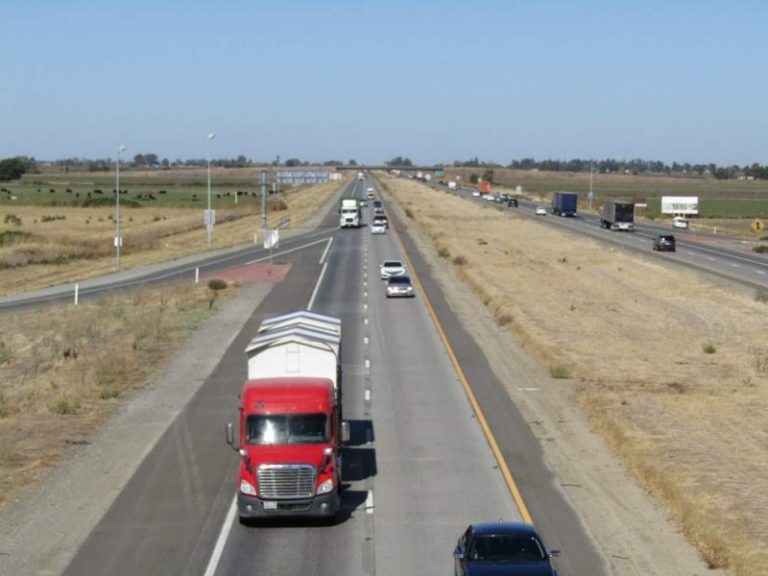How Insurance Companies Minimize Low-Impact Auto Accident Claims
Low-impact auto accident cases, commonly defined as those with $1000 or less in property damage (though some companies define it as $5000 or less), are among the most common accident cases in the United States. Because of this, insurance companies do their best to minimize these sorts of claims where they can; even if they only save $50 on average with certain tactics, the sheer quantity of low-impact cases adds up to make them immense profit. Note that although they can do certain things to minimize your claim (even things that are dishonest or immoral), insurance companies can’t outright decline your claim on unreasonable grounds–doing so constitutes an illegal bad faith claim depending on your state.
Claiming Your Injuries Are Falsified
The definition of a low-impact car accident is one with $1000 or less in property damage. The definition says nothing about injuries, medical bills, and other damages. Insurance companies will generally insist that a low-impact accident means a low-speed, low-injury crash when in reality, this isn’t always true. Adjusters are trained to doubt your injuries and assume that you’re exaggerating in your reports. Whiplash, for example, is extremely common in low-speed collisions, yet insurance adjusters tend to jump to the conclusion that any “whiplash” you talk about is either faked or just unrelated neck pain/ stiffness. Seeing a medical professional after an accident of any scale will help generate medical records that can prove that your injuries are legitimate.
Making Quick, Easy Settlement Offers
 Low-impact accident claims usually don’t involve enough money for an attorney to get involved, so insurance companies are bolder in offering small settlement amounts with a “take it or leave it” attitude. Doing so allows them to close your case quickly and in a manner that gives you very little room for negotiation or complaint while offering you an easy out that avoids the hassle of a normal case. At times, these settlement offers are relatively fair, but you should always go over them with an attorney to check for foul play.
Low-impact accident claims usually don’t involve enough money for an attorney to get involved, so insurance companies are bolder in offering small settlement amounts with a “take it or leave it” attitude. Doing so allows them to close your case quickly and in a manner that gives you very little room for negotiation or complaint while offering you an easy out that avoids the hassle of a normal case. At times, these settlement offers are relatively fair, but you should always go over them with an attorney to check for foul play.
Requesting Formal Statements
Insurance companies will likely request a recorded statement or other formalized statement from you—don’t give them one unless an attorney is present, period. You have no legal obligation to give a statement, and it will only ever be used against you, not to help you. Adjusters are looking for tiny discrepancies in what you say which can be used to minimize your claim. You said you’re “mostly fine,” but complained of whiplash later? That’s a discrepancy they’ll attack. Do you think you forgot to signal at that turn? That’s a Standard of Fault that makes you 50 percent or more at fault for your crash, so now, under Arizona’s comparative fault system, you’ll receive 50 percent or less of your normal compensation. Never risk giving a formal statement unless your attorney approves of it.
Arizona Low-Impact Accident Attorneys
Vehicles can handle low-speed collisions, hence why the term “low-impact” was invented in the first place. The human body, however, wasn’t designed by professional engineers to specifically withstand the forces of an accident; as such, you should never let a low-impact classification bar you from getting the compensation you deserve. Auto accident attorneys in Arizona are your first line of defense against dishonest minimization tactics, so before you accept any type of settlement, consult a lawyer. We at ELG can help, so please, contact us at (623) 321-0566 to schedule a free consultation, even if your case is low-impact.
Law News Feed
All NewsWho Is Liable for Damages After a Truck Accident?
According to information from the National Highway Traffic Safety Association, more than 2,500 truck accidents occur each year in Arizona. It goes without sayin…
Common Injuries After a Motorcycle Accident
Motorcycle accidents kill or severely injure individuals more frequently than any other type of crash, resulting in immense amounts of suffering and financial d…

